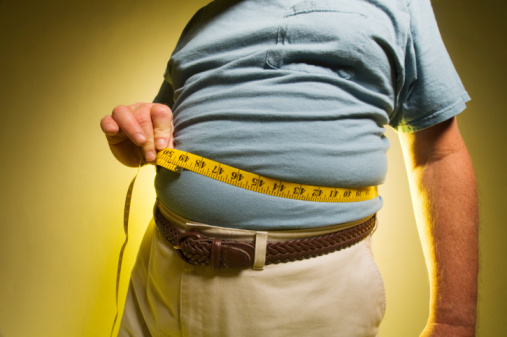Companies and Brands
Survey Finds Some Americans Think Government Should Tax Unhealthy Behavior

Published:
Last Updated:

A new report at Consumer Reports shows that while consumers have mixed feelings about so-called sin or behavior taxes, among the 42% who favor them, the majority approve of taxing sugar-sweetened beverages as a way to combat obesity in America.
The report, titled “Can ‘Sin Taxes’ Solve America’s Obesity Problem?” that was published on the Consumer Reports website on Wednesday also found that half of the 1,010 adults surveyed said they would not cut back on unhealthy food even if it cost more. However, 73% said they would eat more healthful food if it cost less.
Consumer Reports’ latest report looks into the growing effort to raise taxes on sugar-sweetened drinks and sodas as a way to reduce sugar consumption and calories and help prevent obesity and related diseases such as diabetes and hypertension. Among the higher-profile attempts to cut the consumption of sugary drinks has been the tax on these beverages by cities such as Philadelphia and Seattle, and Michael Bloomberg’s attempt to ban jumbo sodas when he was mayor of New York City.
“It doesn’t take a radical change in a person’s diet to make a difference in weight. An average 20-ounce soda contains about 16 teaspoons of added sugar,” said Trisha Calvo, Consumer Report’s Health and Food Deputy Content Editor. A switch in daily beverages can help an individual lose weight and live healthier, she said.
Sugary drinks are a major contributor of daily American calorie intake, according to Consumer Reports, with about 7% of all calories consumed.
Experts say efforts to combat obesity should focus on two groups: the young and the heaviest soda consumers.
A 24/7 Wall St. story in May said that obesity — and even being overweight — can shave years off the average lifespan — up to 14 years in extreme obesity cases. The U.S. obesity rate has doubled since the early 1960s, and today obesity is the second-leading cause of premature death in the country.
At least one in five Americans are obese in every state. However, some areas of the country have much higher rates of obesity than others.
Southern states tend to have higher obesity rates and account for nine of the 10 states with the highest obesity rates. Louisiana tops the list with the highest obesity rate — 36.2% of adult residents are considered obese. By contrast, 20.2% of adults in Colorado are obese, the lowest of any state.
While diet and exercise are the most important aspects of maintaining a healthy weight, other factors can also contribute to higher obesity rates. For example, states with the highest rates of obesity tend to have low incomes and high poverty rates. Residents who earn low incomes may be unable to afford a healthy diet, and they may have limited access to healthful foods as well as exercise opportunities.
For an individual on a tight budget, only the cheapest foods may be an option, yet many of the cheapest foods available are calorie-dense and nutritionally poor. A healthy diet rich in fruits and vegetables costs about $46 more per month than a less healthy diet.
The thought of burdening your family with a financial disaster is most Americans’ nightmare. However, recent studies show that over 100 million Americans still don’t have proper life insurance in the event they pass away.
Life insurance can bring peace of mind – ensuring your loved ones are safeguarded against unforeseen expenses and debts. With premiums often lower than expected and a variety of plans tailored to different life stages and health conditions, securing a policy is more accessible than ever.
A quick, no-obligation quote can provide valuable insight into what’s available and what might best suit your family’s needs. Life insurance is a simple step you can take today to help secure peace of mind for your loved ones tomorrow.
Click here to learn how to get a quote in just a few minutes.
Thank you for reading! Have some feedback for us?
Contact the 24/7 Wall St. editorial team.